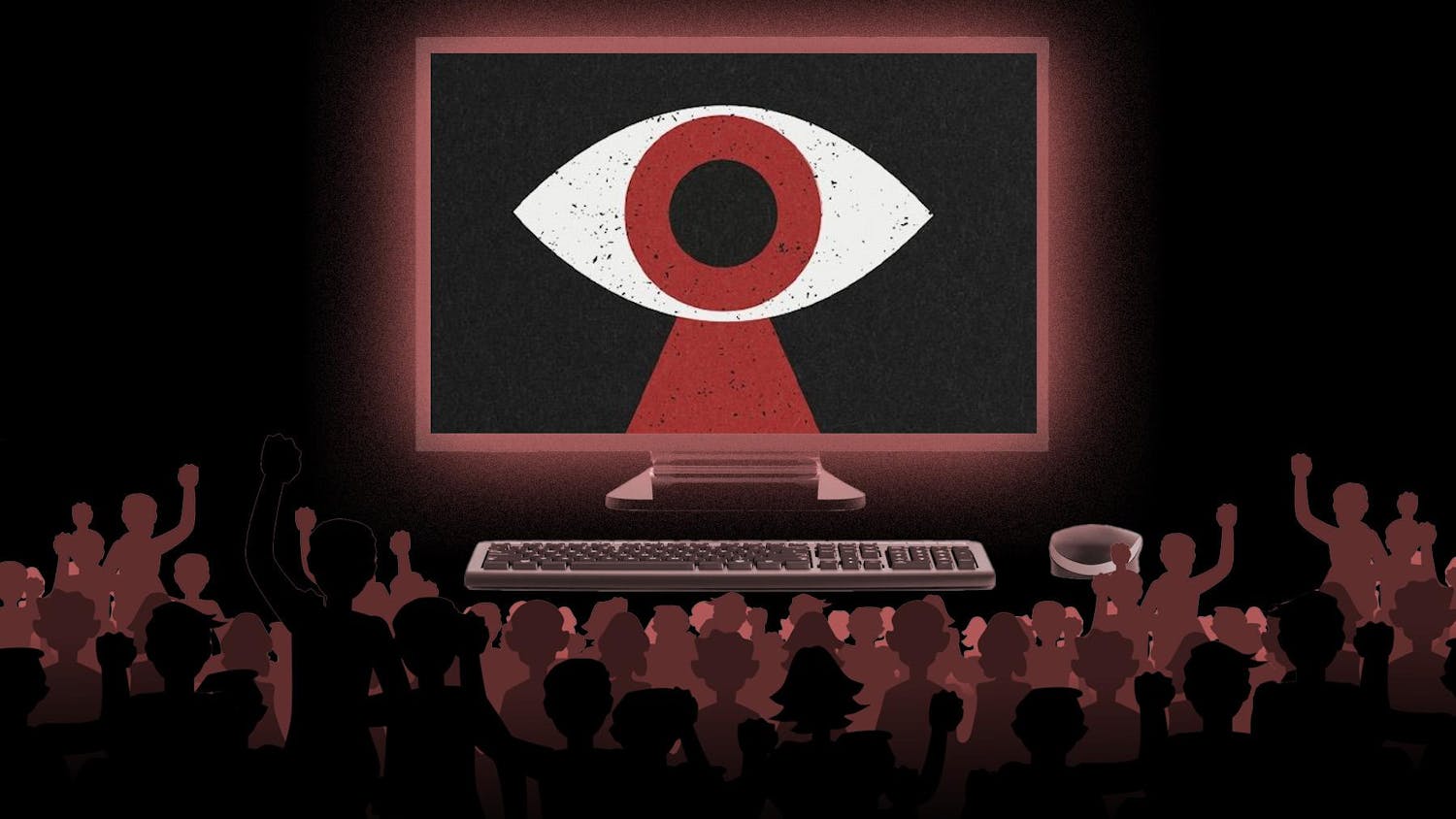Recently, I was browsing through a couple of articles in The Observer when one headline caught my eye: “Why do atheists debate?” I was intrigued, but the more I read, the more I found myself upset with the contents of the article. Andrew Sveda tries to explain the logical inconsistencies in atheism, demonstrate that morals cannot exist without God and argue that atheists do in fact believe in God, but are just too “unrighteous” to admit it. However, he fails to adequately represent the atheist position and falls into the same trappings of uncharitability that he accuses others of indulging in.To preface, I’d like to clarify that I am an atheist, but harbor no ill will to theists of any kind. I’ve grown up in the Notre Dame community and have gotten along with religious folk just fine. In fact, that’s what I love about the Notre Dame community: that it accepts all people regardless of faith. And to be clear, my goal in writing this paper is not to try to argue whether atheism is true or not, but instead to discuss the discourse surrounding the topic. This, I think, is why I found Andrew’s article disappointing; it didn’t serve to further the debate on theism or respect atheism’s position, but instead tried to cast atheists as stubborn and against truth.The very first sentence Andrew uses to argue that atheists are against truth-seeking is “Atheism asserts that we’re the fluke accident of a mindless, unguided process.” Unfortunately, it seems as if Andrew has fundamentally misunderstood the definition of atheism, which makes no claims towards the origin of the universe. Atheism is simply the lack of a belief in a God, nothing more. In fact, recognizing this helps answer Andrew’s titular question: The reason atheists debate is because they don’t follow a strict dogma or belief. The only common thread amongst atheists is a lack of belief. Any further arguments Andrew proposes are not arguments against atheism at all. For example, Andrew describes atheists as believing in no objective morals, but this position (moral relativism) has been around for thousands of years, argued by theists and atheists alike. Furthermore, many atheists do in fact believe in objective morality. Andrew isn’t arguing against anything intrinsic to atheism, but instead against ideas some atheists hold.As interested as I am in the debate around theism, I found Andrew’s article to be about something else entirely. Instead of an impartial look into theism debates, the article quickly devolves into overused anti-atheist talking points. Imagine if I said “Science is the pursuit of truth through reason, but theists use faith; therefore theists are not truth-seekers.” I think you would find that argument rightfully unfair. Not only is it a misunderstanding of theism (which uses both faith and reason), but it treats theists in an uncharitable manner. This is how Andrew treats atheists in his article.The reason I decided to respond to Andrew was not solely because of his unsympathetic assessment of atheism, but mainly because of how he ends his argument. After his supposed proof that atheists cannot logically seek truth, he goes on to invalidate all atheists’ beliefs, saying “Never once in your entire life have you truly believed that God does not exist.” Andrew believes that atheists are aware of God’s existence, but “by their unrighteousness suppress the truth.” While previous statements seemed at best uninformed, this last point Andrew makes is extremely uncharitable. Instead of any nuanced take on atheism or on the debate surrounding it, he decries atheists as stubborn and willfully in denial of the “beliefs of [their] heart.” I, like Andrew, have spent “countless hours” listening to debates and arguments as to the existence of God, and I find the subject fascinating. I have heard many enticing arguments towards the existence of God, and I readily encourage healthy debate between both sides on this issue. In fact, if there’s one thing that I would agree with Andrew on, it is when he says “The same generosity would not be given by many today,” when he attempts to give a favorable interpretation of atheism. To this point, I totally agree; too often, atheists can get bogged down into slinging ad hominem attacks and claiming intellectual superiority over their adversaries. Ideally, all should be able to have this conversation politely, giving charitable representations of the others’ positions. I just wish Andrew would extend the same favor.
Roy Bualuan
class of 2024
Sept. 1









